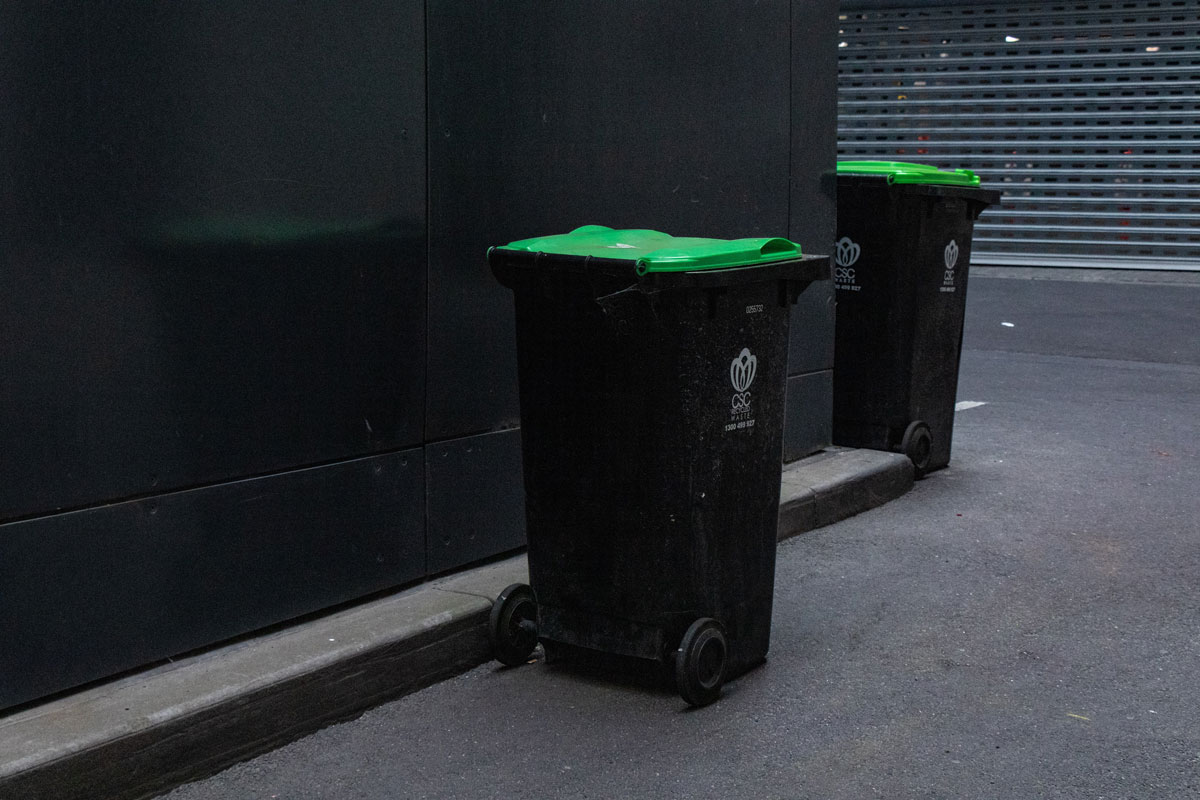AUSTRALIA -- On December 8, 2020, the Recycling and Waste Reduction Bill was passed in the Senate without amendment.
Despite a senate inquiry into the bill and attempts by the Greens and Labor, the Government refused to allow amendments to the bill that would address plastic pollution and support the recycling sector.
“The Federal Government has missed the opportunity to make the deep changes we need in Australia to address the causes of plastic pollution in the global environment and provide the policy support and framework long needed for the recycling sector.
More concerning is the failure of the Morrison government to prevent foreseeable and perverse outcomes associated with Australia's waste export ban. National policy documents confirm that the Government intends to support the “reprocessing” of waste for continued export and incineration ahead of investment in the recycling sector, zero waste city models and a circular economy.
While large stockpiles of waste, tyres and plastic continue to go up in flames in uncontrolled fire events all over Australia since China and Southeast Asia closed their doors to our waste dumping, the federal government has been dishing out funds from the Clean Energy Finance Corporation (CEFC) and Australian Renewable Energy Authority (ARENA) to state incinerator projects.
This bill does little to promote recycling or waste reduction instead it ensures that the packaging industry continues to self-regulate and that our waste remains within the control of the waste disposal sector.
While we face catastrophic climate threats and irreversible contamination of the terrestrial and marine environment from plastics and chemicals, the Australian government has missed this critical opportunity to provide the solutions we desperately need.
The cross-sector nature of our waste problem can only be addressed through a multi-sector and multi-stakeholder approach. We need real leadership to cap plastic production, detoxify our materials production systems and establish a zero waste and circular economy,” States Jane Bremmer Zero Waste Australia Coordinator for the National Toxics Network.




